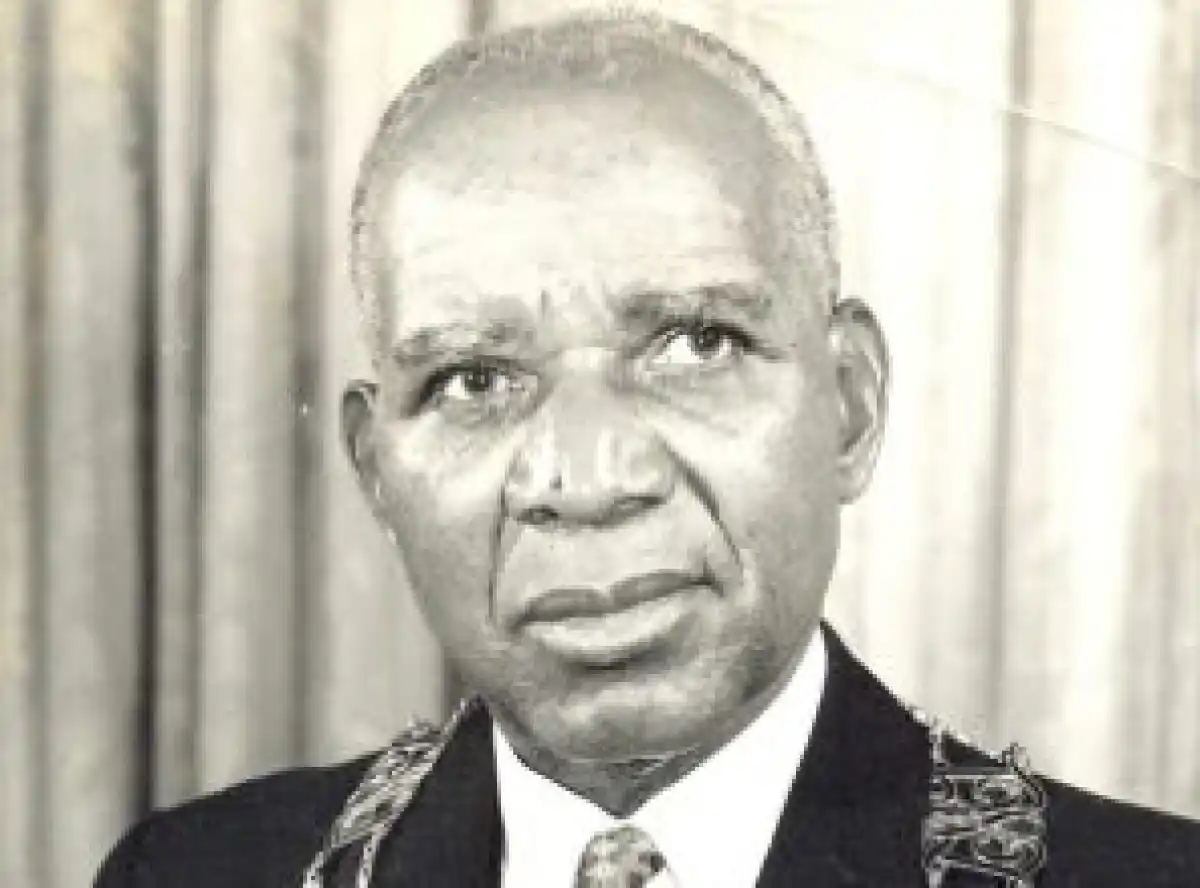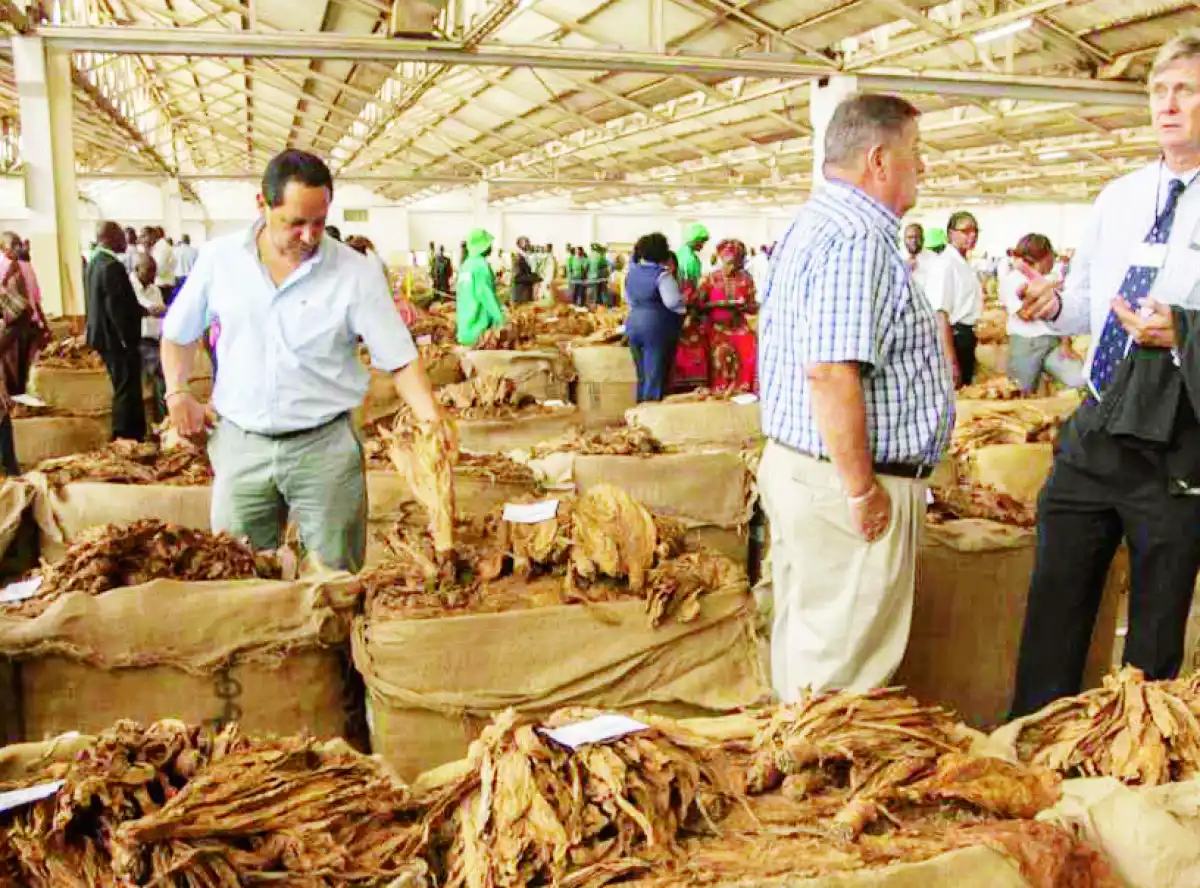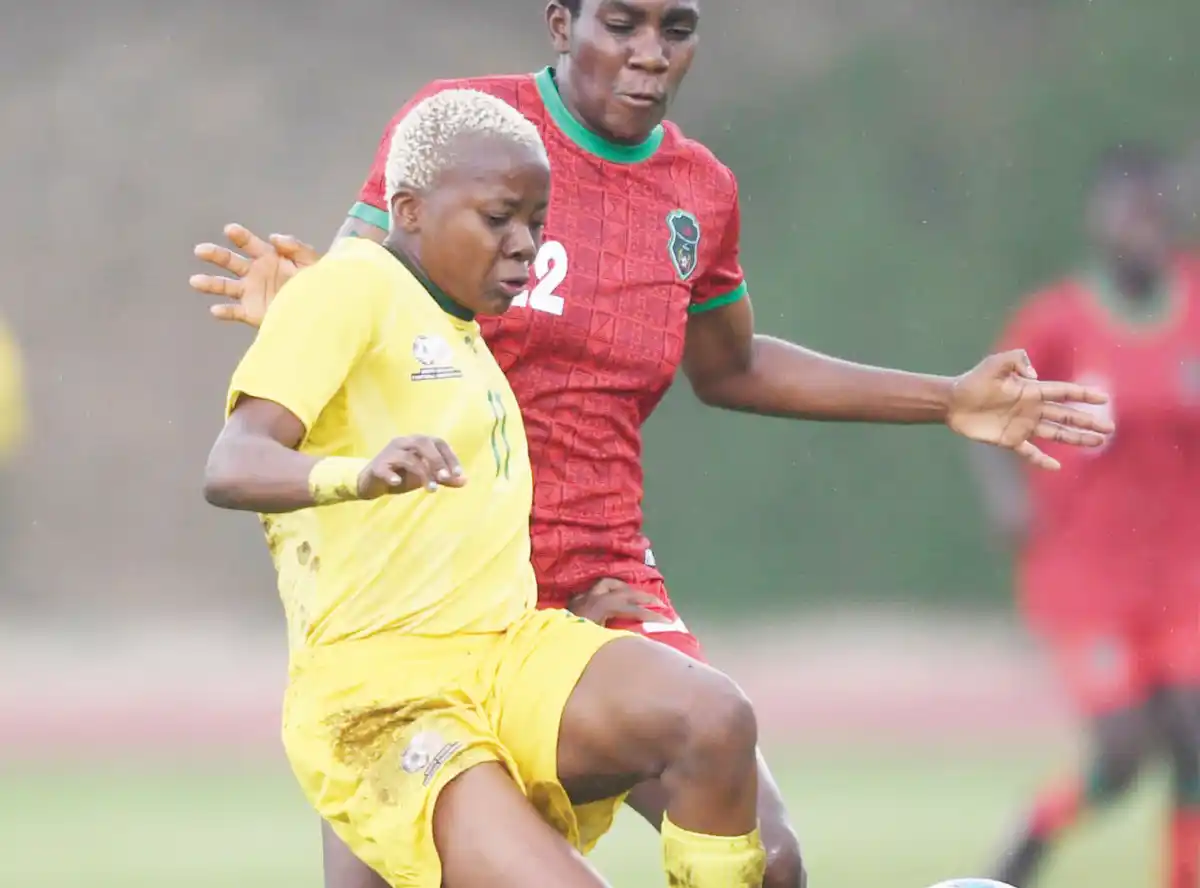
The Scorchers have become a symbol of national pride.
The Malawi National Women’s Football Team this year won the Cosafa Cup and several individual accolades in Durban, South Africa.
This is no mean feat and they won all their games on the trot, producing the tournament’s players of various matches and top goalscorer.
This is a defining moment in Malawi’s women’s football.
The nation has assembled a talented and lethal team capable of competing at the highest level.
The nation must harness this momentum to fly the national flag at the international level.
How do we do this?
The Women Football Association president Adellaide Migogo, the executive, coach Lovemore Fazili and the entire technical panel need all the support to build on this success.
Football Association of Malawi (FAM) president Fleetwood Haiya and Migogo should formulate financial proposals for sustainable success and succession plans.
To the corporate world and any potential sponsors, one can confidently say: Every brand wants to be associated with a winning team and here are the country’s top-rated winners.
In the Scorchers, the nation has a team that has catapulted itself straight to the top with limited funding and undying determination.
The more the Cosafa champions participate in international competitions, the more success they can get.
This is the time to collectively sponsor the winning team so that they can concentrate on their game instead of worrying about where the necessary resources will come from.
Strangely, their male counterparts, the overpampered Flames, continue to disappoint with yummy funding.
Recently, they did not win a single game at a four-nation tournament hosted by FAM at the Bingu Stadium in Lilongwe.
The Flames were disappointed despite the home-ground advantage and better funding.
National team players earn call-ups based on outstanding performance at their clubs but usually fail to gel during vital matches.
The Flames Coach Patrick Mabedi is not supposed to teach anyone how to play football, but to come up with a winning combination of super talent to carry the national flag with pride.
The problem with these players may be more psychological than their football prowess.
Are the selected players hungry and proud to represent their country?
There seems to be no chemistry among them.
Maybe it is time for the Flames technical panel to focus on building a squad of locally based players and stop building the team around a handful of ‘professionals’ who play in leagues that scarcely improve their game.
If we focus on local players who play locally that chemistry will be there. Given adequate support from FAM, they will constantly train and play together instead of just meeting as strangers during international games. Let’s go back to basics.
Enough football, let’s talk netball. The Netball Association of Malawi has completely run down the Queens from giant-beaters to a laughing stock beyond the borders.
The Queens recently returned from a tournament in South Africa without a single win.
By March, they perch a distant seventh in the world rankings.
In the local netball circles, all you hear is the politicking, maladministration and impunity at the secretariat. Their game appears to have no direction due to squabbles among the netball administrators, coaches and players. Ill preparations for competitions are also to blame. Where possible, the Malawi National Council of Sports (MNCS) should intervene to restore sanity in the sports sector.
The people who have reduced Malawi’s netball to laughable levels can not be left in charge of bringing back its lost glory. We cannot continue to do the same thing and expect different results.








0 Comments